The newly-inaugurated Mikvah Taharat EL in Santo Domingo, Dominican Republic looks like any other Jewish ritual bath. Bricks of Jerusalem stone line the walls, the water is blue and clear, and the decor features light pastels. But as you can learn from the plaques on the wall, this mikvah, a first for the island, has been seventy-seven years in the making.
It began in 1940, as the Jews of Europe searched desperately for a safe haven from Nazi persecution. Most countries were closed to them, but the Dominican Republic welcomed Jews with open arms. The Steinmetz family from Hungary arrived in the republic in 1939, and quickly became leaders of the fledgling Jewish community, which peaked at 1,000 in 1943.
In 1940, a letter arrived from the sixth Lubavitcher Rebbe, Rabbi Yosef Yitzchak Schneerson, who wanted to know how the refugee community was faring on the isolated island. Upon hearing that the community had no mikvah, he urged Rabbi Chananya Steinmetz to arrange the construction, offering practical advice and financial support. Despite Rabbi Steinmetz’s efforts, the mikvah did not materialize, and along with the most of the refugees, the family departed the Dominican Republic after the end of World War II.
Forty years passed. The Steinmetz family resided in Venezuela, and their son Efraim (Efry) became an international businessman. On a trip to New York he visited the seventh Lubavitcher Rebbe, Rabbi Menachem Mendel Schneerson. “You know, there is no mikvah in the Dominican Republic,” the Rebbe told him. “You must arrange a mikvah in the Dominican Republic!”
Though he protested that he had not been on the island in four decades, the Rebbe insisted, and Efraim sent two rabbinical students to arrange the construction. They returned empty-handed: the community numbered only twenty-five families and had no land on which to build. Steinmetz relayed the message to the Rebbe’s secretary, only to receive the response: “The Rebbe insists—the Jews in the Dominican Republic must have a mikvah.” Again, two young men traveled to the island, only to meet with failure once more.
“I told the Rebbe’s secretary, I’ll make a deal with you,” Efraim later related. “We can’t build a mikvah in Santo Domingo, so we’ll build one in Venezuela instead.” Indeed, he funded the construction of a mikvah on Isla de Margarita off the coast of Venezuela—but the Rebbe was not satisfied. “Where is the mikvah in Santo Domingo?” he asked.
Nearly thirty years passed, and the Jewish community in the Dominican Republic grew, welcoming expats from around the world as well as increasing numbers of Jewish tourists. In 2007, Rabbi Shimon and Michal Pelman established Chabad of the Dominican Republic to serve the Jews of the island. As more families made the Dominican Republic their home, with most of the 400 Jews on the island residing in Santo Domingo, the need for a mikvah became more pressing. “Last year, Chabad of Puerto Rico opened a mikvah,” relates Michal Perman, “but before that the closest mikvah was in Miami—a two-and-a-half hour flight away!”
In 2013, the Pelmans acquired a property and began building the mikvah. After seventy-seven years, the mikvah was finally completed this year. The emissaries dedicated the mikveh to Mr. Leon Sragowicz o.b.m., who donated the initial funds but passed away before he could see its completion.
The plaques on the wall tell a small part of the story, displaying dedications to Rabbi and Mrs. Steinmetz and both Rabbi Schneersons (sponsored by the Steinmetz family). Yet, while the story of the mikvah’s building has concluded, the tale of its role in the community’s future is just beginning.
When Laura S., a local architect, visited the Chabad House to help her daughter with a school project on Judaism, she learned that the Pelmans were seeking an architect to draw up plans for the mikvah and offered her assistance. After their meeting, she stayed for services, recognized a community member as a relative, and ultimately discovered that she herself was Jewish.
According to Pelman, many women in the community have expressed interest in learning more about the mikvah, and over seventy people attended the inauguration earlier this year. “A mikvah is a sign of Jewish life,” muses Michal, “and this will encourage more families to settle down here.”
To learn more about Chabad of the Dominican Republic, visit www.chabadominican.com.
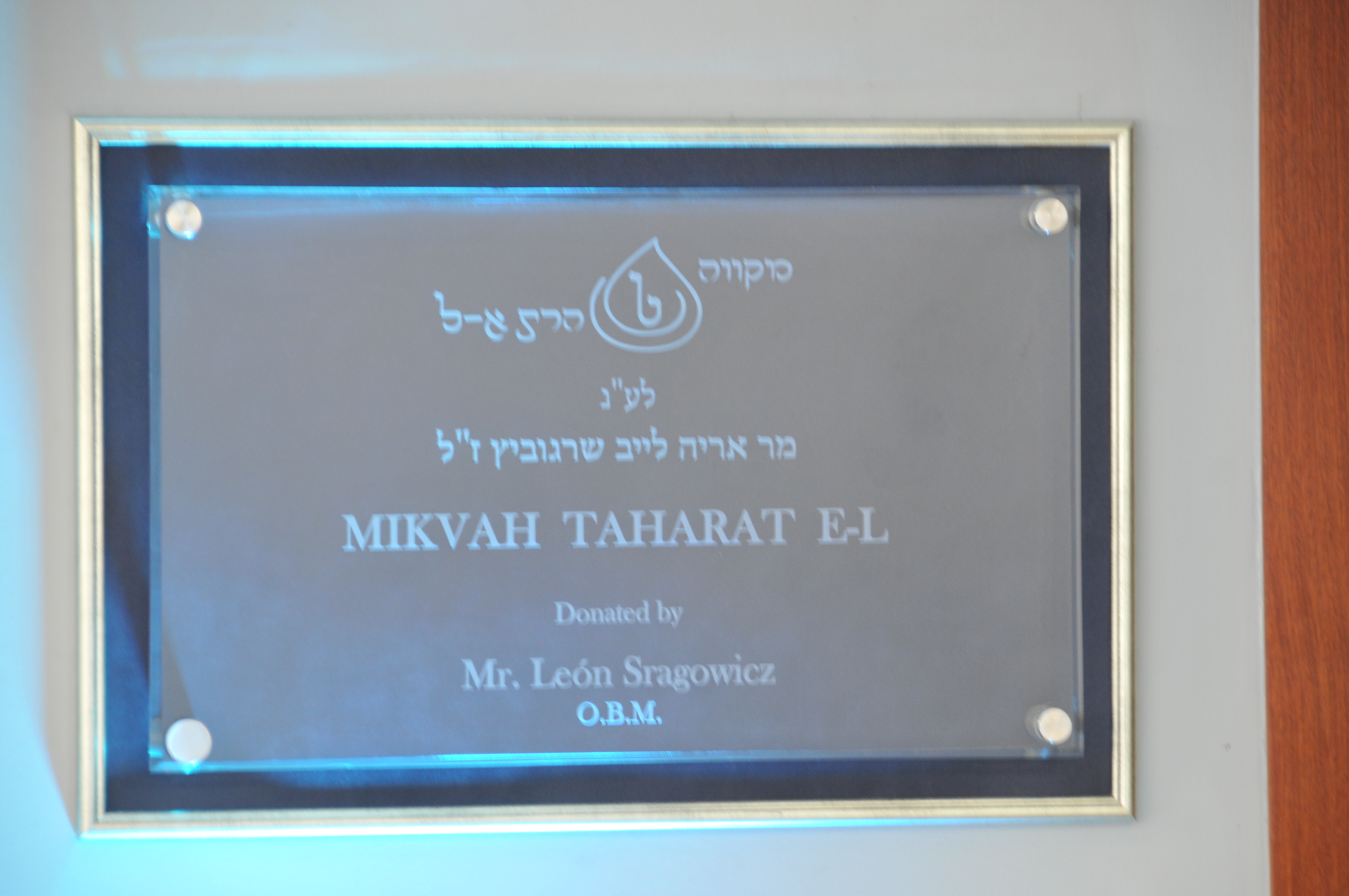
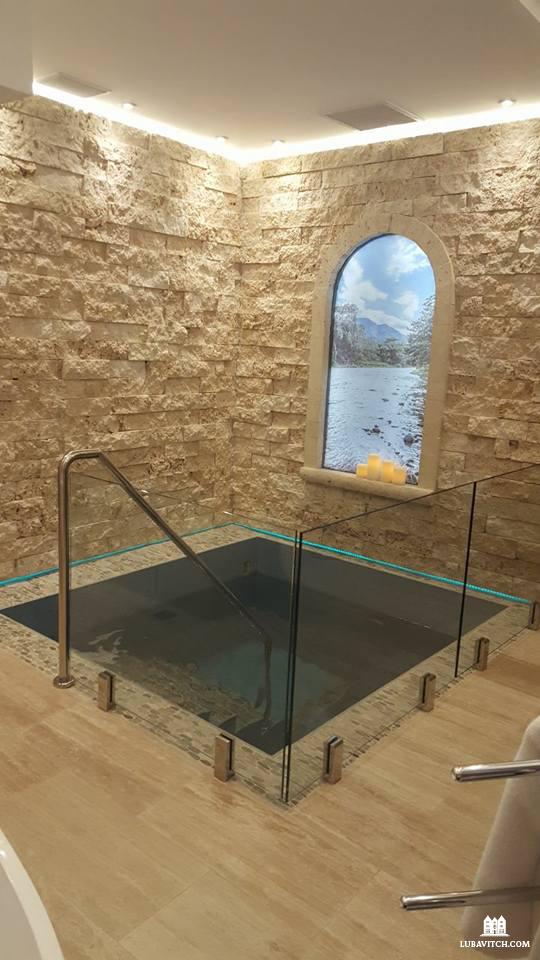
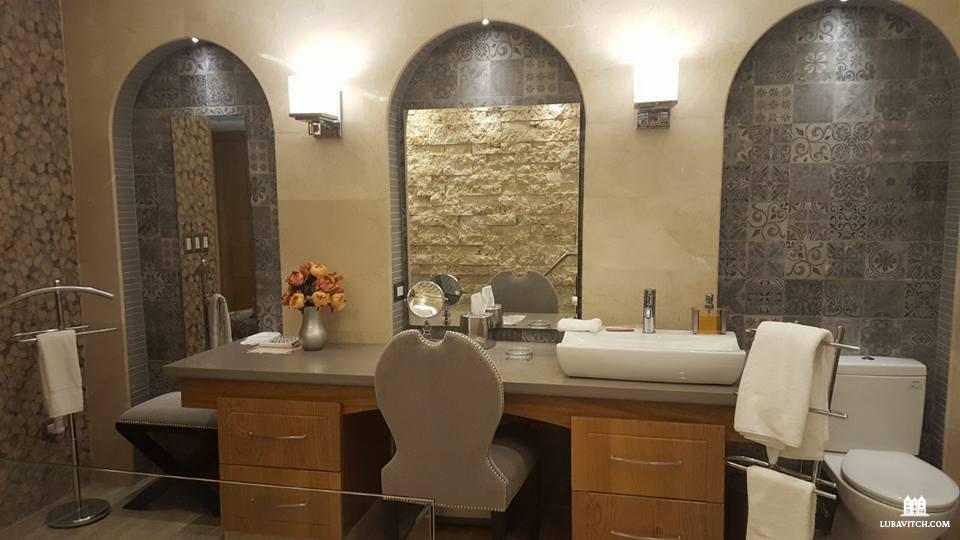
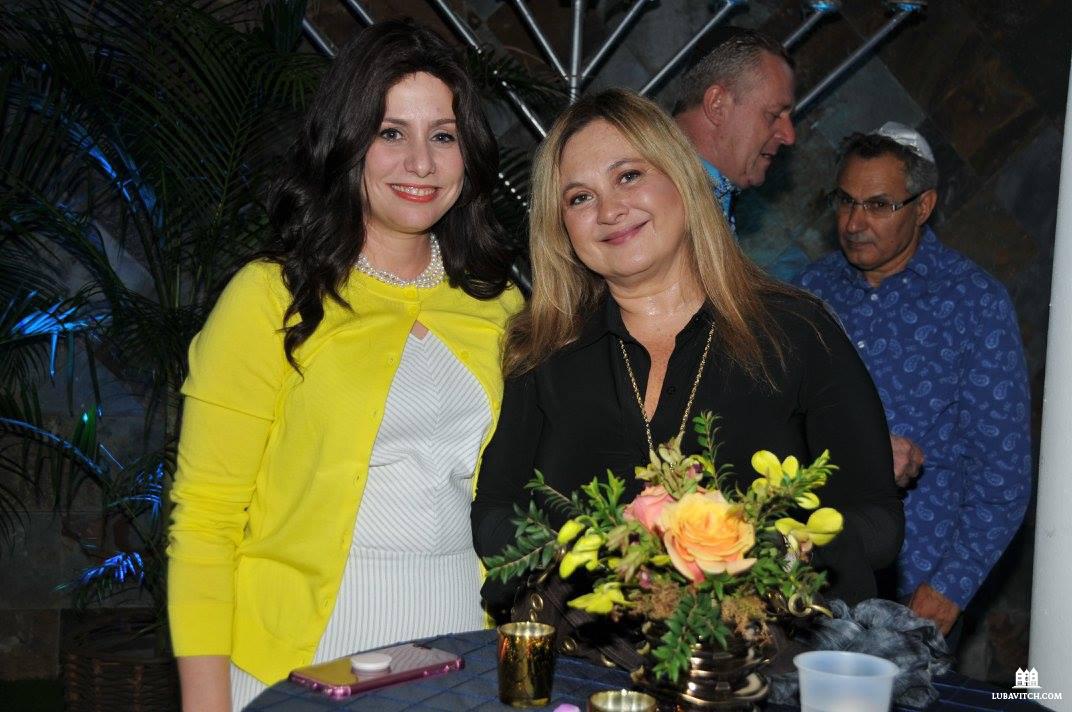
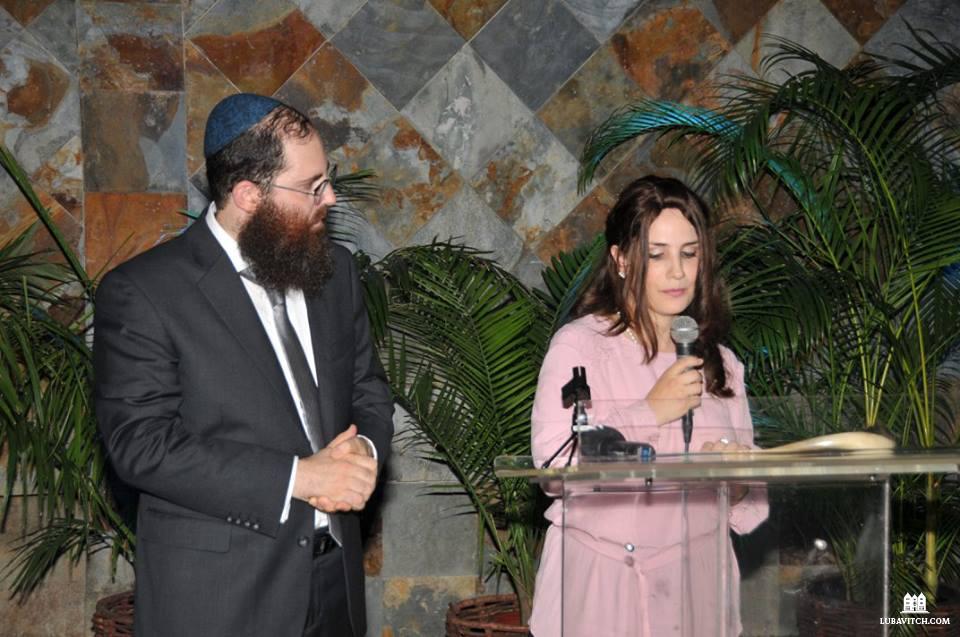
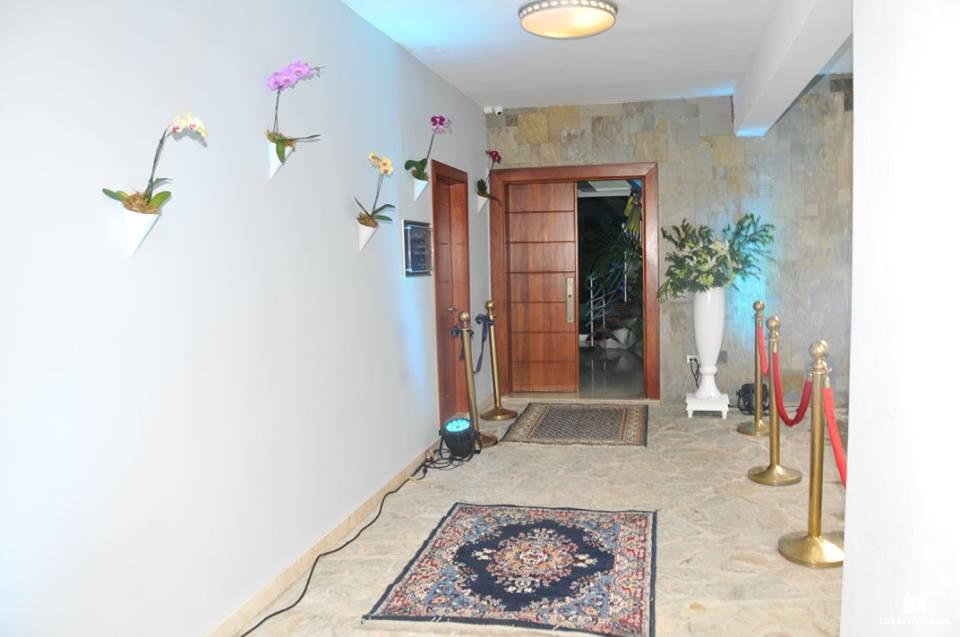
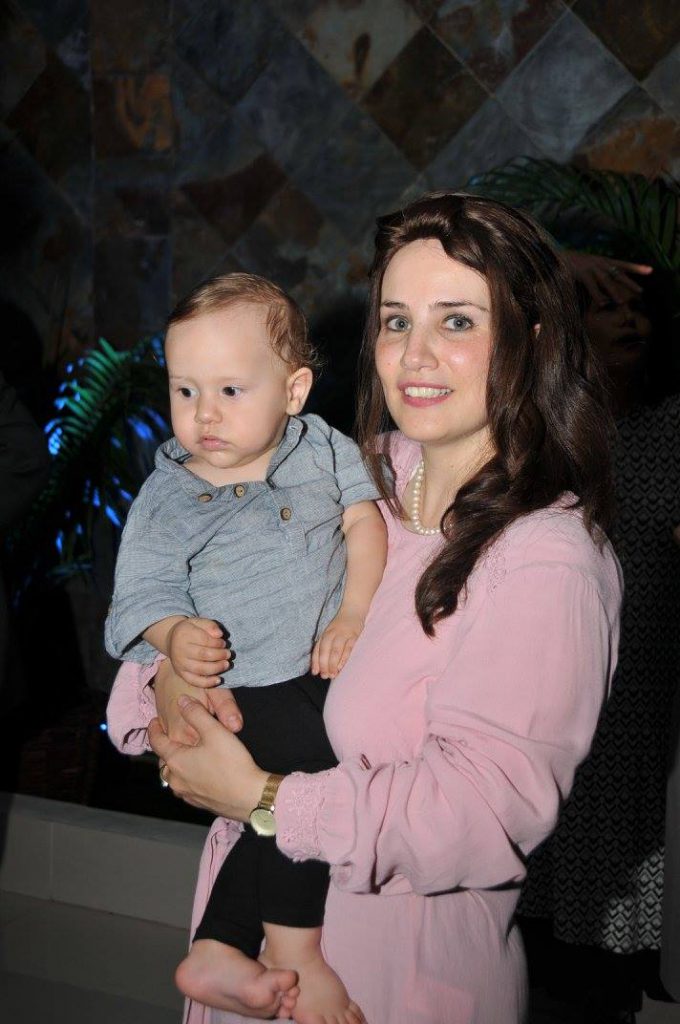
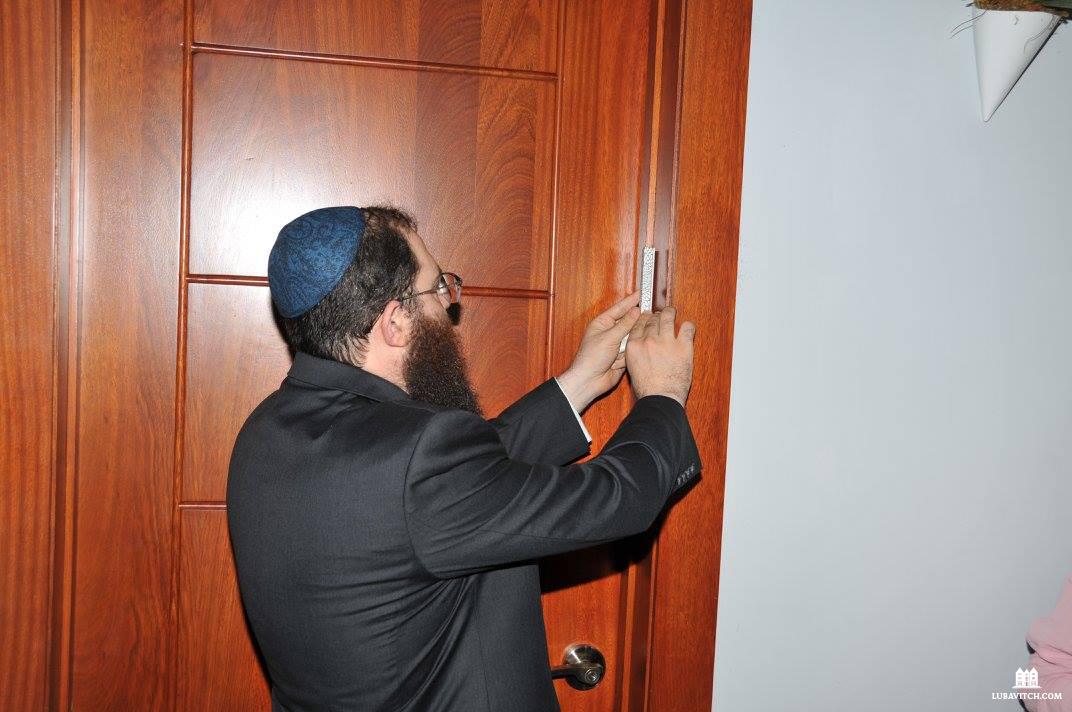
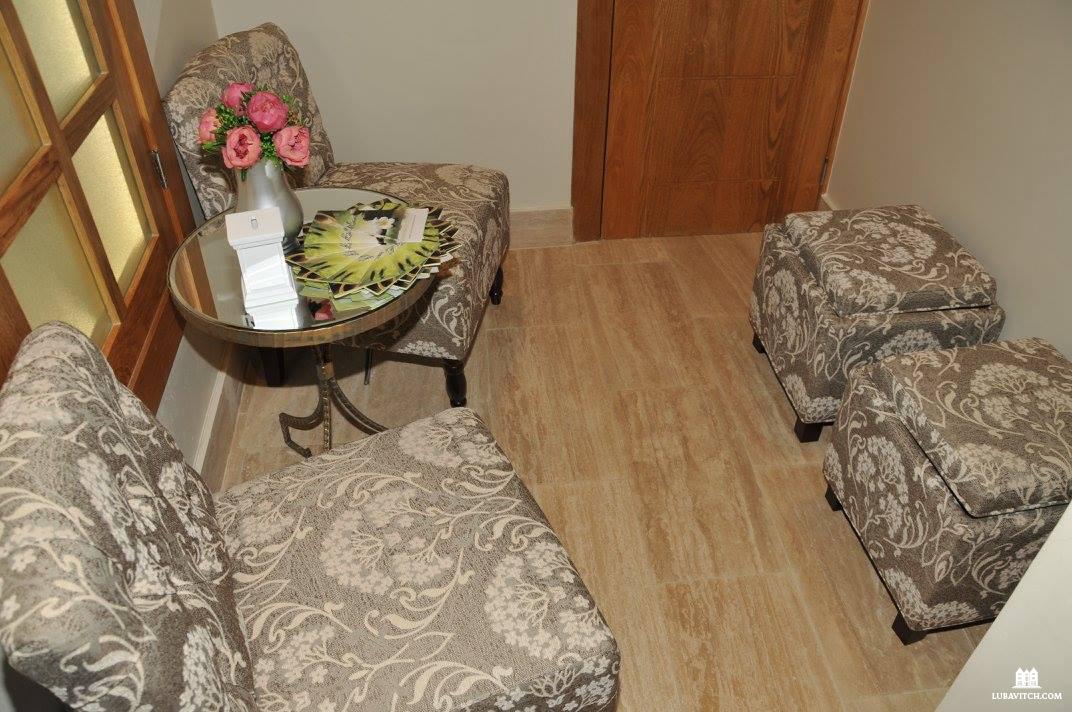
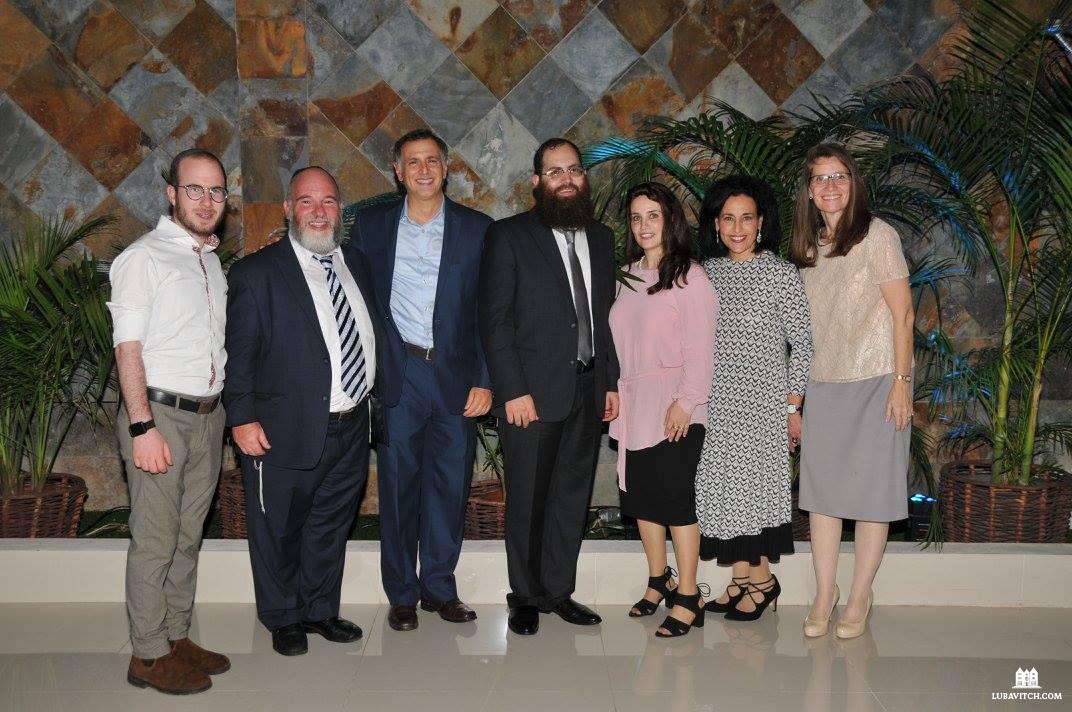
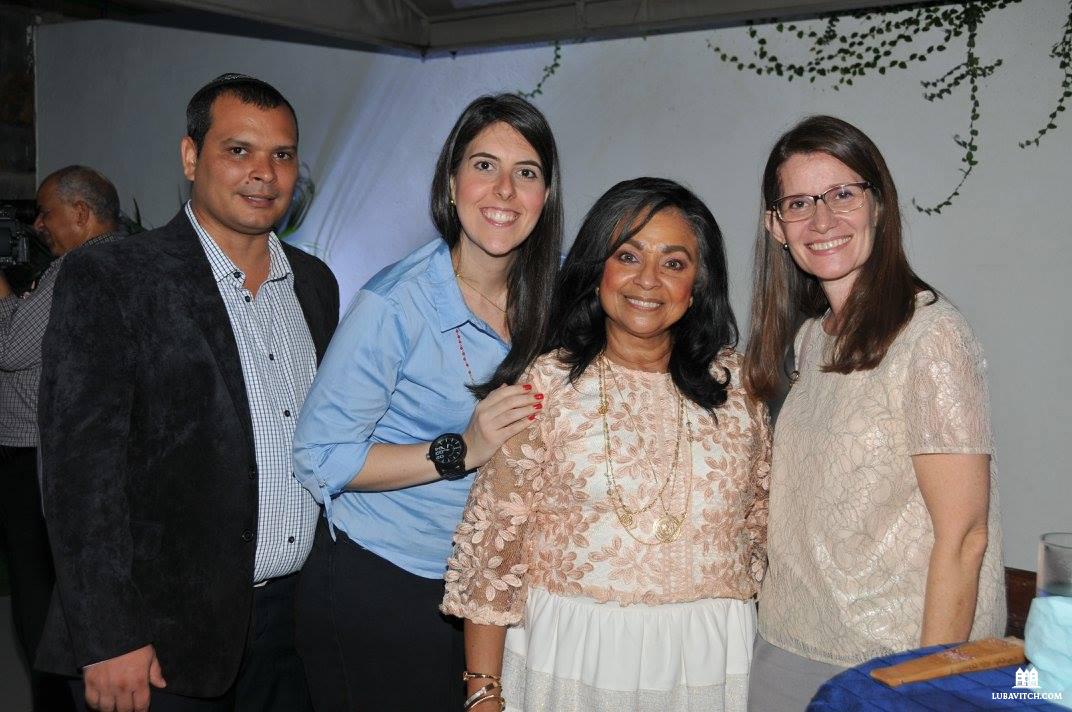
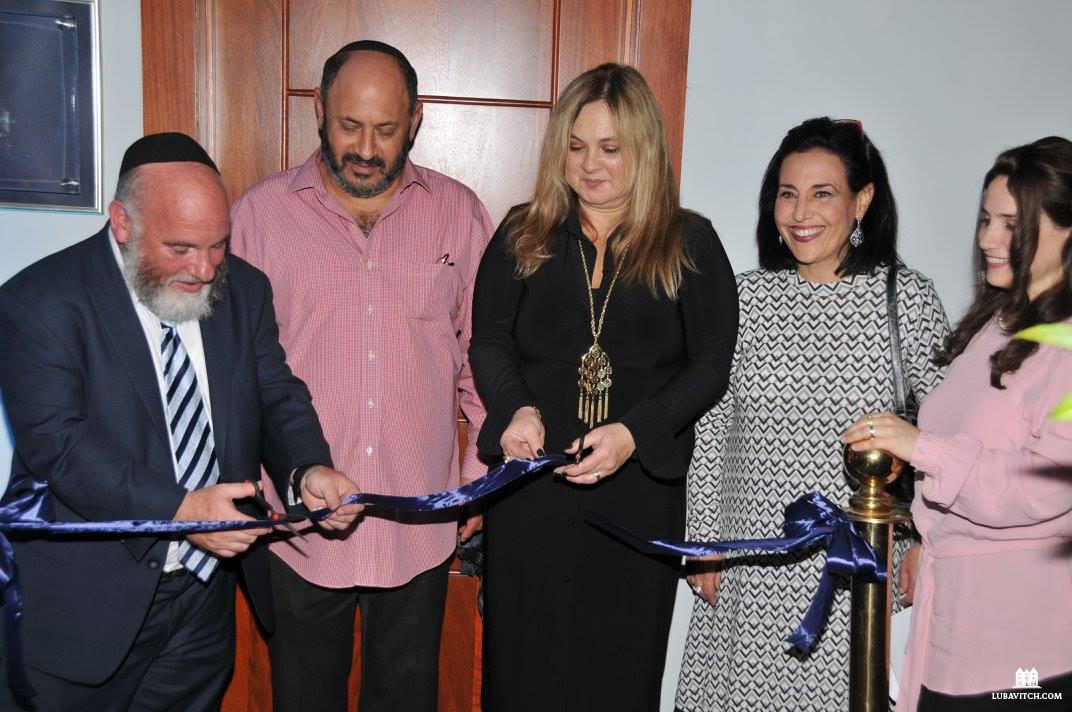
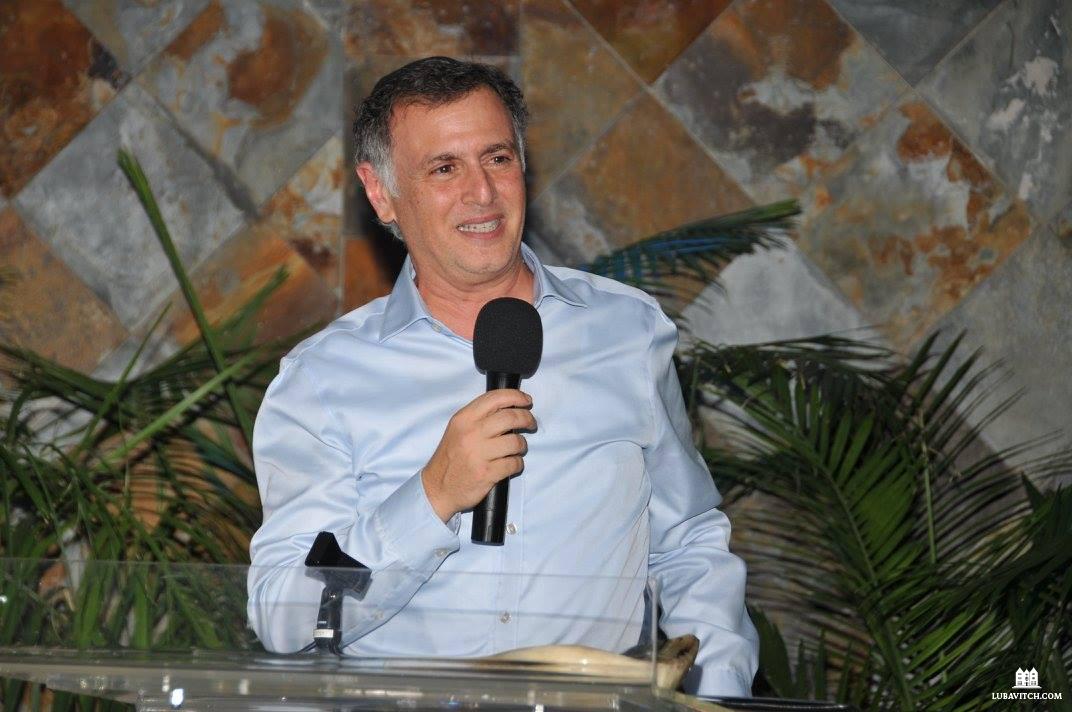
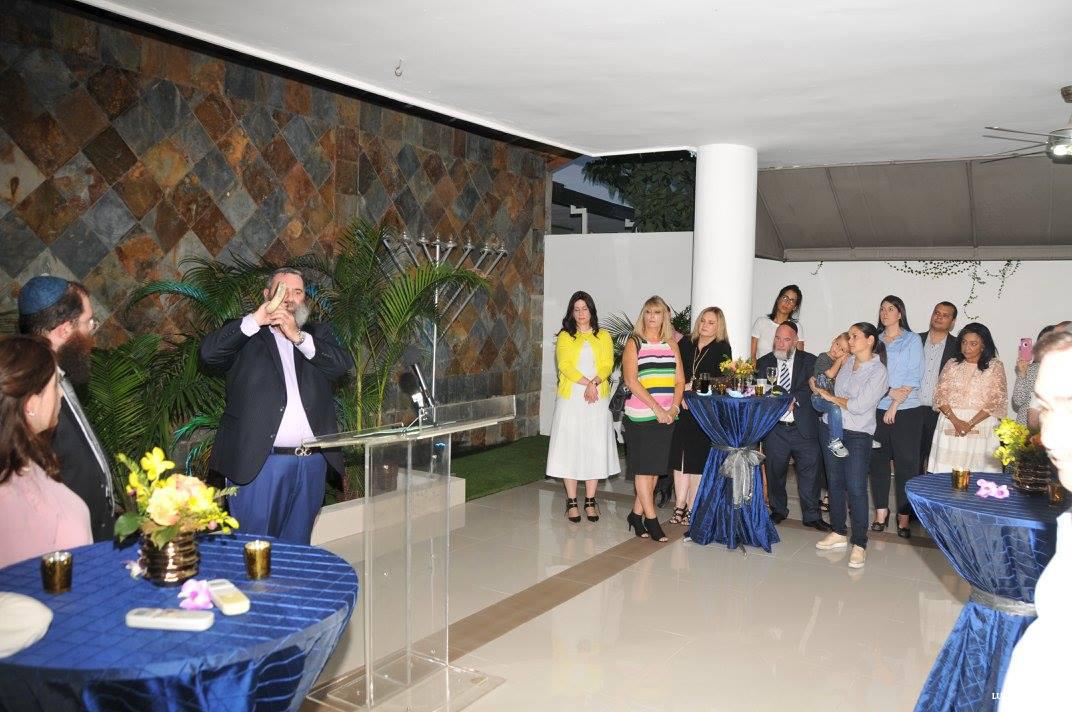
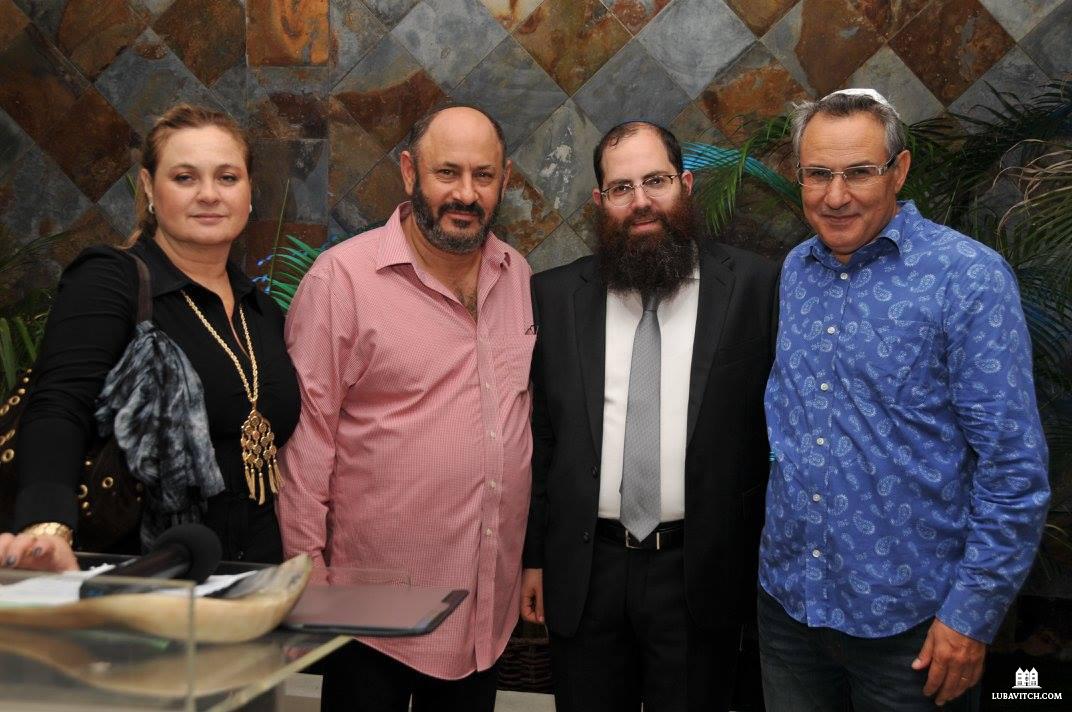
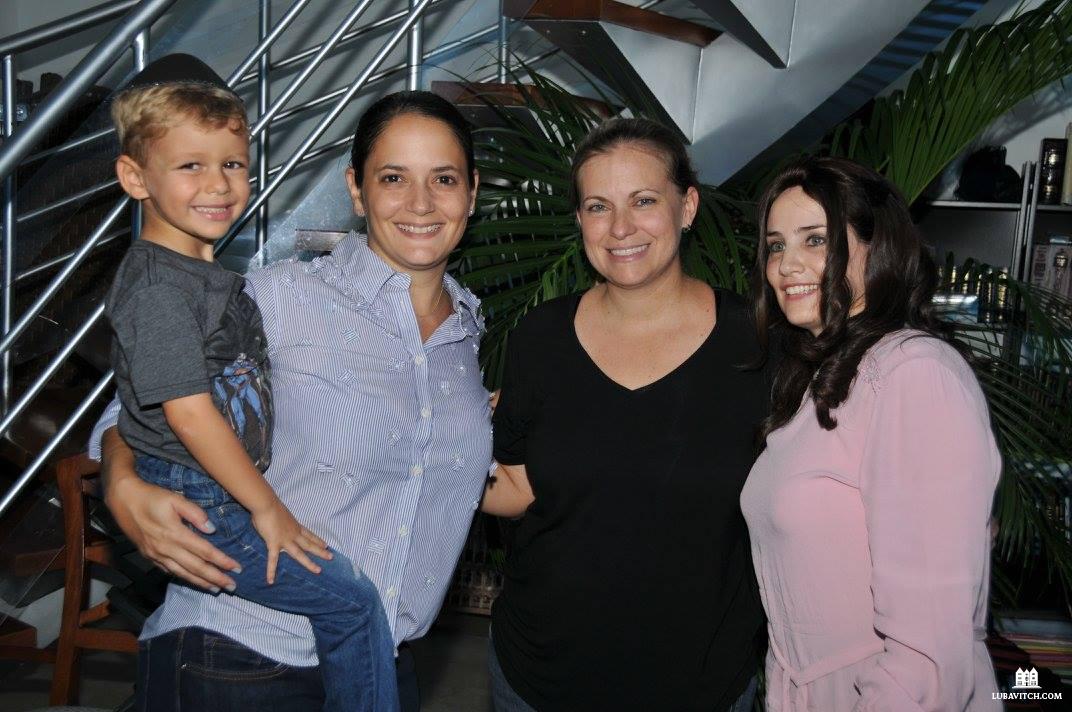
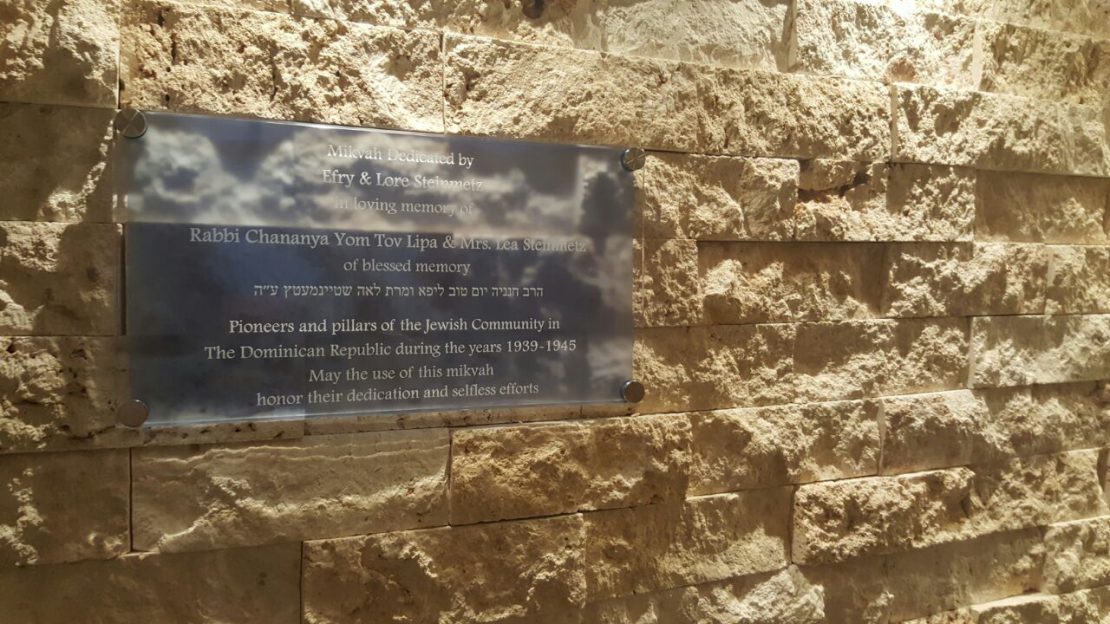
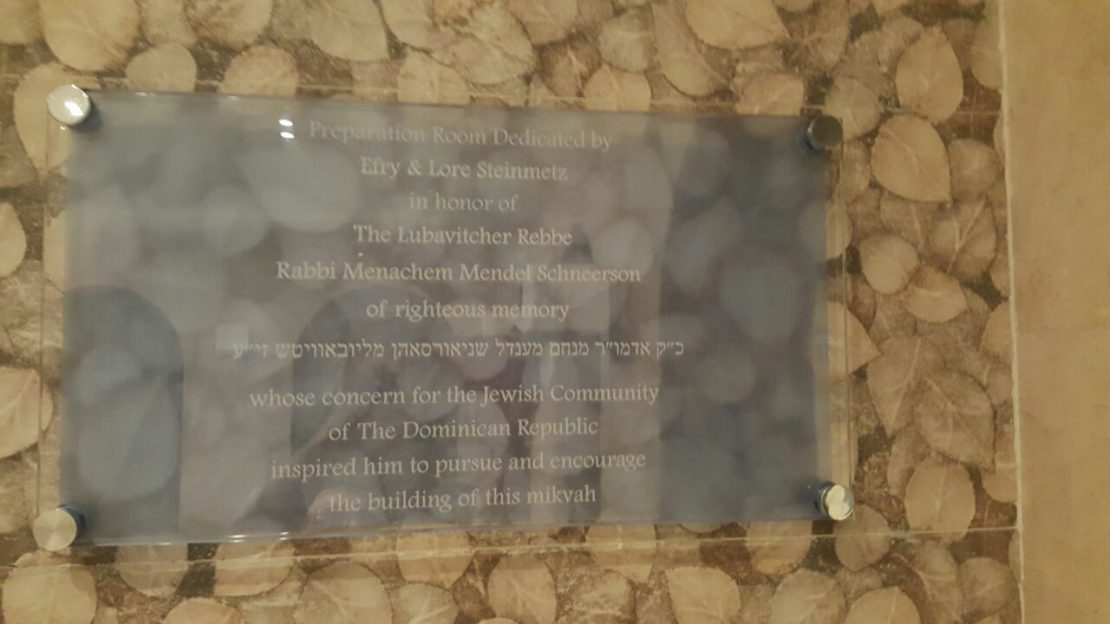
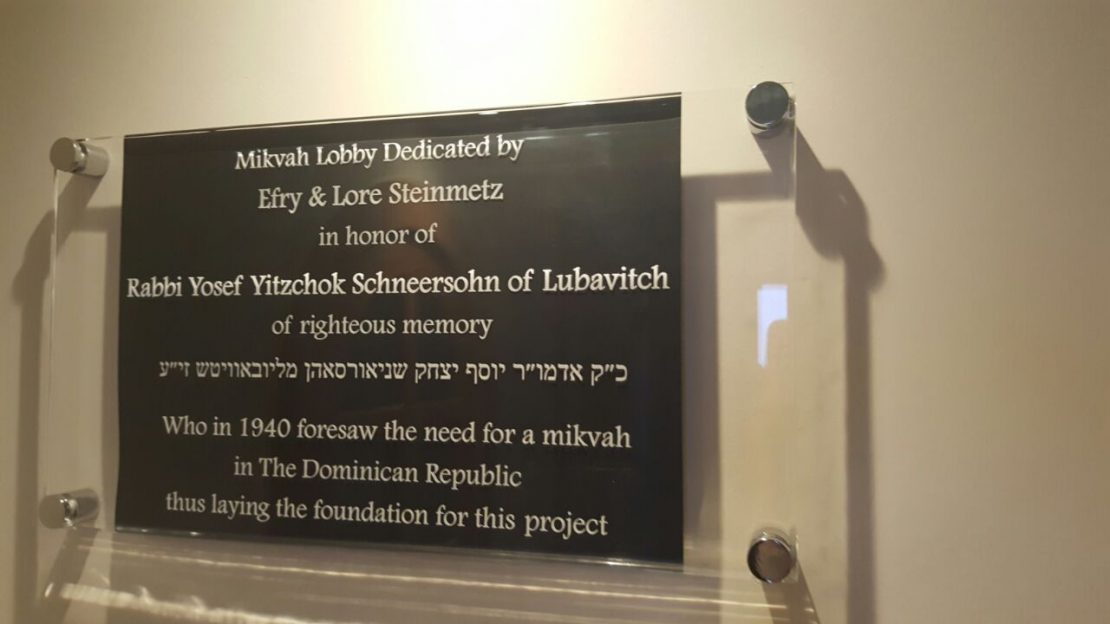
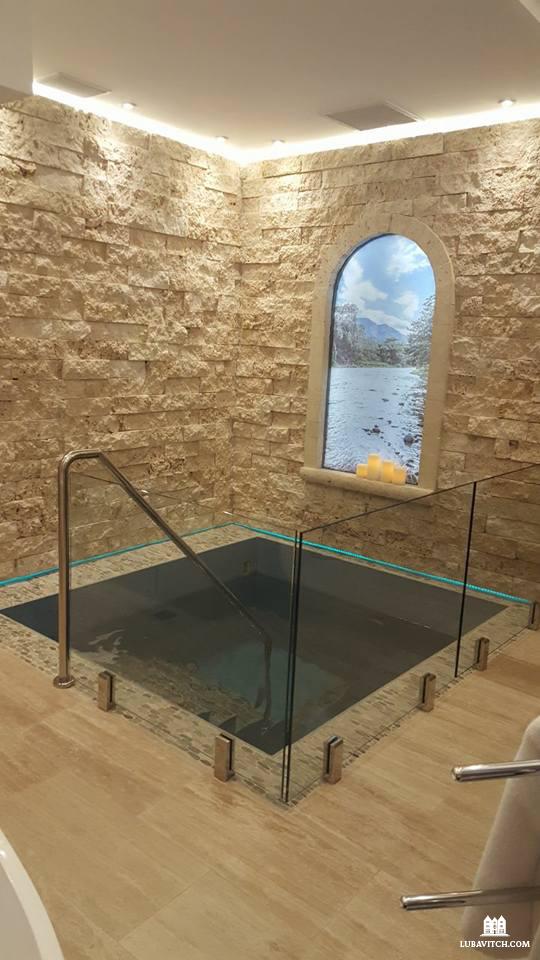
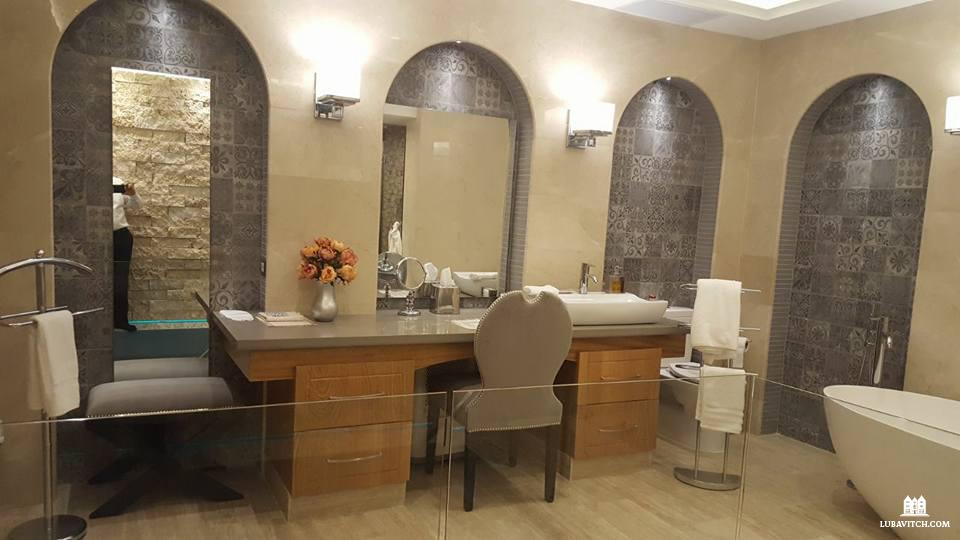
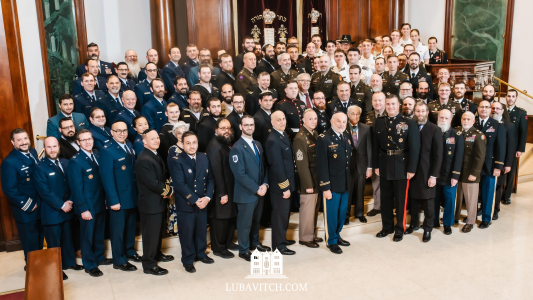
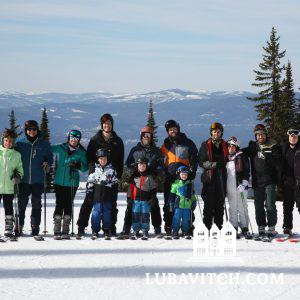
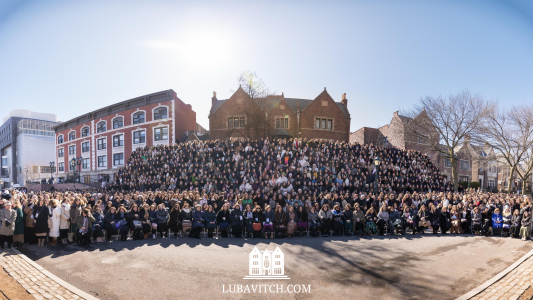

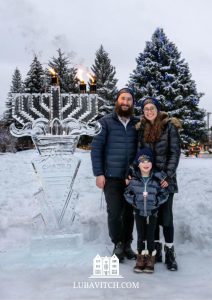
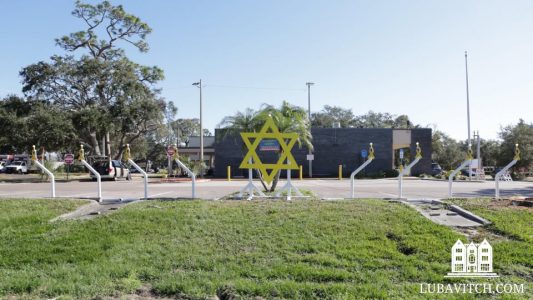

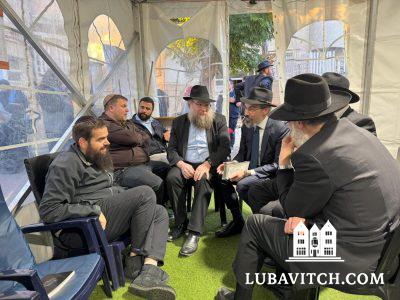

Be the first to write a comment.